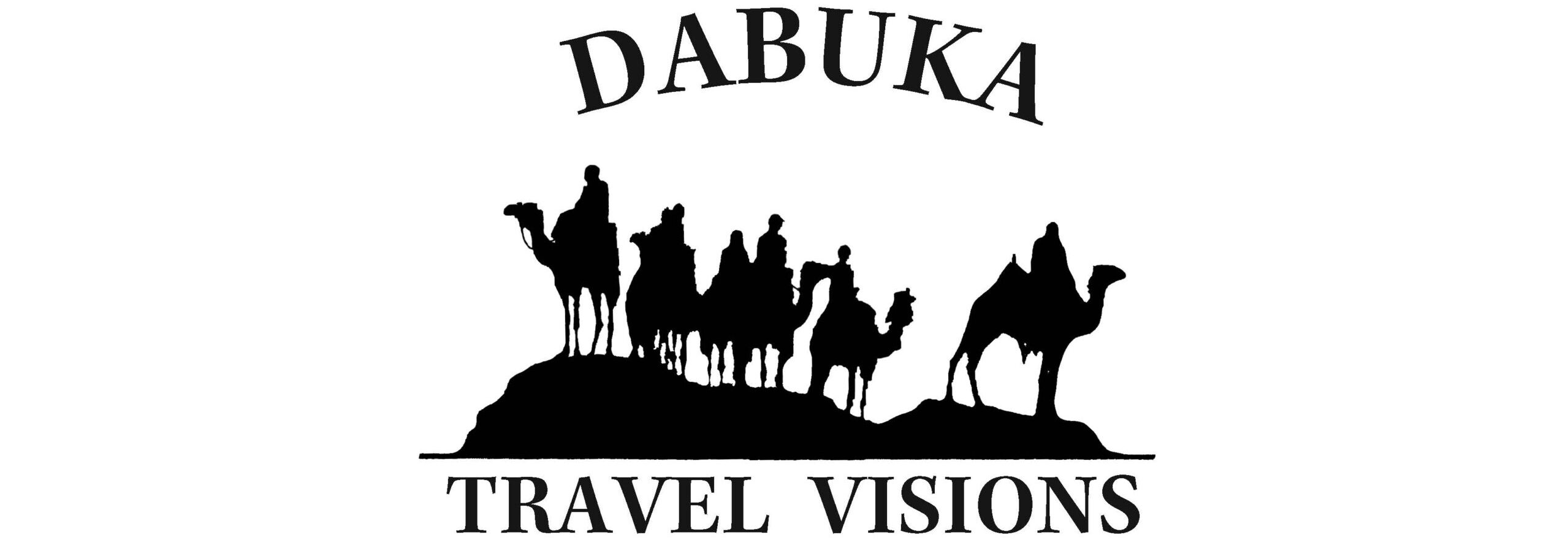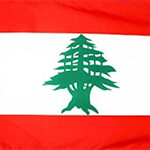Country information Lebanon
Lebanon is considered the country “between the Mediterranean Sea
and cedar forest” and is characterized by a cultural history that
goes back thousands of years. It borders Syria to the north and
east and Israel to the south along the buffer zone, the so-called
“Blue Line”. In the west it is bordered by the Mediterranean Sea.
Around 6.18 million people lived in Lebanon in July 2015, almost
half of whom live in the capital region of Beirut. Other major cities are Tripoli, Sidon, Tyros, Zahlé, Jounieh and Nabatae.
Modern Beirut and its surroundings invite you to explore its secrets and discover its cultural treasures, including the fields of ruins in the port city of Byblos.
The city is one of the oldest permanently inhabited places on earth. Its port was of particular importance in Phoenician and Roman times, as well as during the Crusades in the Middle Ages. Other outstanding historical sites are the Roman ruins of Baalbek with the temple of Bacchus and the numerous mountain temples, spring sanctuaries and rock tombs in the Lebanon mountains. Lebanon is a Mediterranean country where elements of oriental and European cultures mix today. Lebanese culture is religious, cosmopolitan, conservative and modern at the same time. As the gateway to the Middle East, Lebanon shines throughout the region with its diverse range of educational and cultural offerings.
Some data about the country:
Size: 10,452 square kilometers.
Climate: Lebanon has a Mediterranean-type climate characterized by hot and dry summers (June to September) and cool and rainy winters (December to mid-March), with an average annual temperature of 15 ̊C. Along the coast, summers are hot and humid with temperatures crossing 35°C in August.
Capital: Beirut, approx. 2.4 million inhabitants (2023)
Population: approx. 5,432 million (2023)
National language: Official language is Arabic; however, English and French are widely spoken. Tolerance and the encouragement of diversity, as well as its strong political culture have confirmed Lebanon’s world prominence.
Religion: Statistics Lebanon, an independent firm, estimates 64.9 percent of the citizen population is Muslim (32 percent Sunni, 31.3 percent Shia, and 1.6 percent Alawites and Ismailis combined). Statistics Lebanon further estimates 32 percent of the population is Christian.
In Lebanon we offer you two different length of trips; one just for 3 days a weekend the other for a week. But of course we also put together a trip to Lebanon according to your individual wishes. Be inspired by our trips.
If you then have an idea of what you would like to see in Lebanon, simply give us a call or send us an email and let us
know your travel wishes. We will work out an individual trip through Lebanon for you free of charge and without obligation
according to your specifications.


